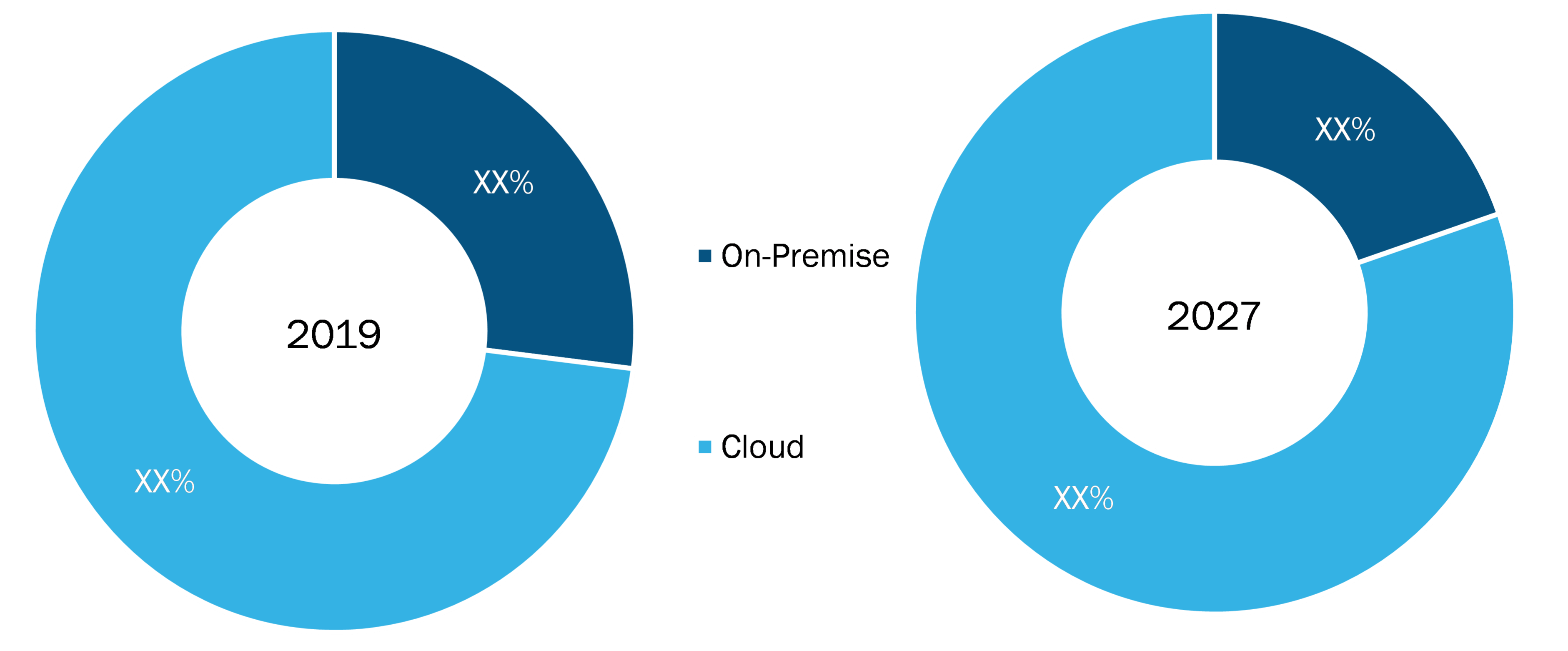The english language learning market is predicted to be worth 54 9 billion by 2027

The English Language Learning Market: Predicted Growth and Opportunities

The global market for English language learning is projected to reach a staggering worth of $54.9 billion by 2027, experiencing a compound annual growth rate (CAGR) of 6.2% from 2020 onwards1^. This forecasted growth signifies the immense significance and demand for English language proficiency worldwide. As the importance of English as an international language continues to rise, the market for English language learning remains robust and presents vast opportunities for educators, technology providers, and learners themselves.
Factors Driving the Growth
The consistent growth of the English language learning market can be attributed to various key factors. Firstly, globalization has led to increased international travel, business collaborations, and educational opportunities, which necessitate proficiency in English for effective communication. In this interconnected world, speaking English fluently is often considered a pre-requisite for educational and professional advancements.

Furthermore, the expansion of multinational companies and the outsourcing industry continually drives the demand for employees proficient in English. With companies seeking a competitive edge in the global market, the ability to communicate effectively with clients and partners from different linguistic backgrounds is crucial. As a result, employers actively invest in English language training for their employees, further boosting the growth of the market.
Another significant driver is the increasing popularity and acceptance of online learning platforms. The advent of technology has revolutionized traditional language learning methods, making it possible for learners to access language courses remotely and at their own pace. Online platforms offer interactive lessons, real-time practice sessions, and personalized feedback, providing learners with a comprehensive and engaging language learning experience. The convenience and flexibility offered by these platforms attract individuals looking to enhance their English language skills, regardless of their geographic location.
Opportunities and Challenges Ahead
The projected growth of the English language learning market presents numerous opportunities for both established and emerging players in the industry. Educational institutions, language schools, and private tutors can expand their reach and revenue by offering online courses or incorporating technology into their existing language programs. Technology providers specialized in language learning platforms have a chance to develop innovative solutions that cater to the evolving needs of learners, offering advanced features and ensuring user-friendly interfaces.
However, with opportunities come challenges. One key challenge is maintaining the quality and standards of English language instruction. As the market becomes increasingly saturated, providers must stay ahead by offering high-quality, up-to-date content and effective teaching methods. The demand for personalized learning experiences and tailored curricula is also on the rise, challenging providers to develop adaptive and student-centric solutions.
Moreover, competition is intensifying as various players enter the market. Start-ups and edtech companies are leveraging advancements in artificial intelligence, augmented reality, and machine learning to create immersive and interactive language learning experiences. Established players must keep pace with these technological advancements to remain relevant and competitive.
In conclusion, the projected worth of $54.9 billion for the English language learning market by 2027 is a testament to the increasing demand for English language proficiency worldwide. Globalization, the growth of multinational companies, and the rise of online learning platforms are driving this growth. However, challenges such as maintaining quality standards and staying ahead of technological advancements must be addressed to capitalize on the immense opportunities within the market.
Tags
Share
Related Posts
Quick Links
Legal Stuff

